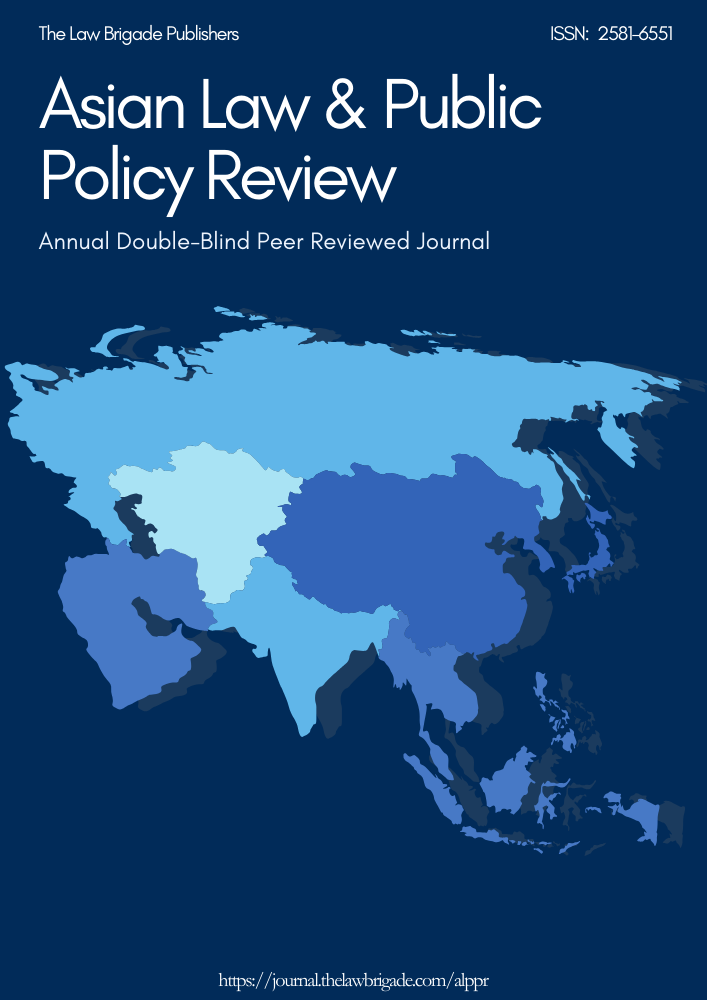ANIMAL EXPERIMENTATION LAWS IN INDIA
Keywords:
Animal Experimentation, Animal Testing, Laws in India, CPCSEA, PCA ActAbstract
Animals play a major role in human existence. Animals are used for pharmaceutical research to acknowledge diverse forms of human and animal diseases and moreover for anticipation and treatment of it. Since there are no other methods, animals are still being used for enhancing health conditions of humans and animals. The laws for experimentation on animals are laid down under the provisions of Prevention of Cruelty to Animals Act (PCA), 1960 and the Breeding of and Experimentation on Animals (Control and Supervision) Rules, 1998. The laws are executed by "The Committee for the Purpose and Supervision of Experiments on Animals"(CPCSEA), it is a legal body established in the year 1964 under Chapter IV, Section 15(1) of PCA Act. The main aim of the committee is to make sure the animals are used in research judiciously. Unfortunately, even after all these provisions the issue related to the behaviour of animals and lack of adequate facilities to animals still persists. This article discusses the provisions, ethics and regulations related to Animal Experimentation in India. It also provides information about the functions played by the various committee in protecting the animals from severe pain and suffering and further discusses the relevant changes made in the Breeding of and Experiments on Animals (Control and Supervision) Rules, 1998.
Downloads
References
• Article-Laws and Regulations regarding Animal Experimentation by Divya Banerjee
and Mridul Tripathi: ipleaders
• Current Status of Animal Experimentation in India- Dr. P.Suresh
• SOP-CPCSEA
• Animal Experimentation and Research in India - K.R. Murthy
• Animal Ethics SOP
Downloads
Published
Issue
Section
License

This work is licensed under a Creative Commons Attribution-NonCommercial-ShareAlike 4.0 International License.
License Terms
Ownership and Licensing:
Authors of research papers submitted to any journal published by The Law Brigade Publishers retain the copyright of their work while granting the journal specific rights. Authors maintain ownership of the copyright and grant the journal the right of first publication. Simultaneously, authors agree to license their research papers under the Creative Commons Attribution-ShareAlike 4.0 International (CC BY-SA 4.0) License.
License Permissions:
Under the CC BY-SA 4.0 License, others are permitted to share and adapt the work, even for commercial purposes, provided that appropriate attribution is given to the authors, and acknowledgment is made of the initial publication by The Law Brigade Publishers. This license encourages the broad dissemination and reuse of research papers while ensuring that the original work is properly credited.
Additional Distribution Arrangements:
Authors are free to enter into separate, non-exclusive contractual arrangements for distributing the published version of the work (e.g., posting it to institutional repositories or publishing it in books), provided that the original publication by The Law Brigade Publishers is acknowledged.
Online Posting:
Authors are encouraged to share their work online (e.g., in institutional repositories or on personal websites) both prior to submission and after publication. This practice can facilitate productive exchanges and increase the visibility and citation of the work.
Responsibility and Liability:
Authors are responsible for ensuring that their submitted research papers do not infringe on the copyright, privacy, or other rights of third parties. The Law Brigade Publishers disclaims any liability for any copyright infringement or violation of third-party rights within the submitted research papers.


